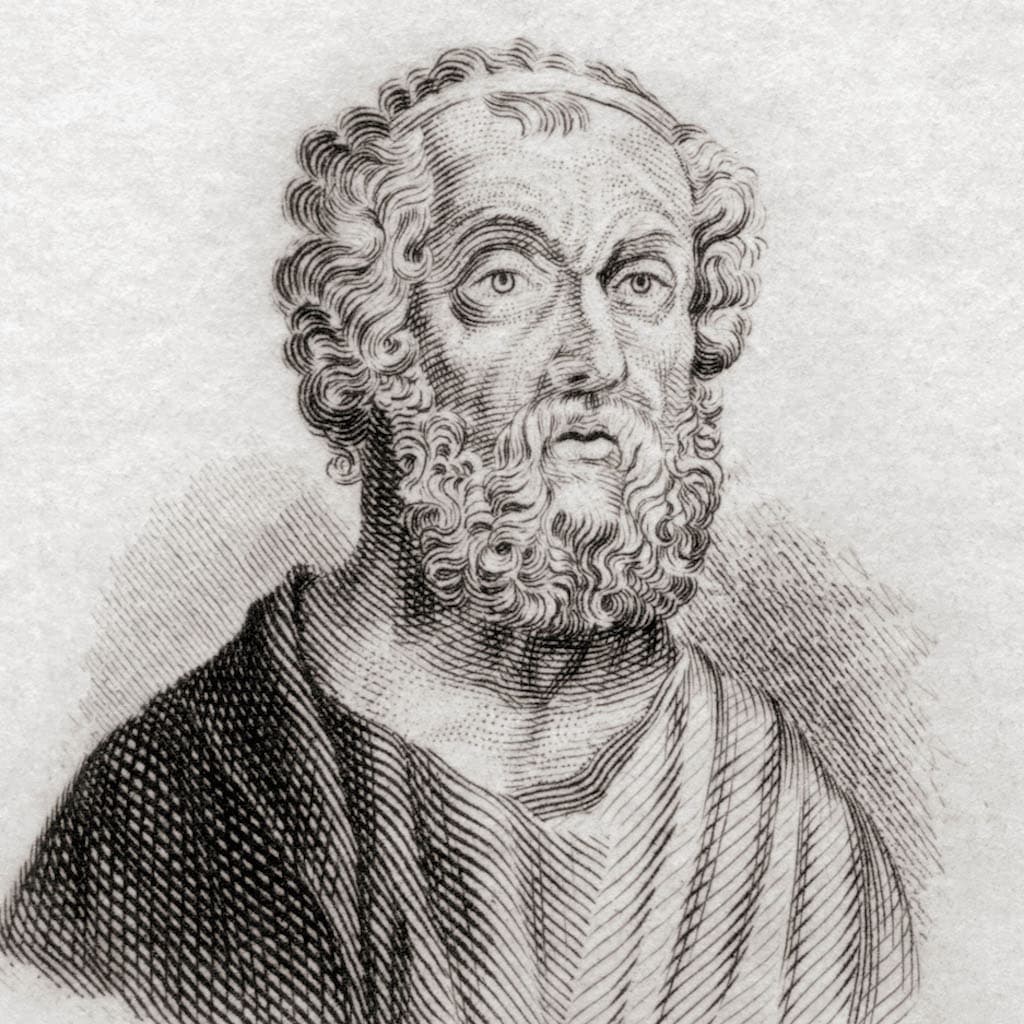Website can be closed on 12th to 14th Jan 2025 due to server maintainance work.
The Life and Works of Homer: An Epic Journey

Biography of Homer:
Homer, the legendary ancient Greek poet, is widely regarded as one of the greatest epic poets in Western literature. While much about his life remains shrouded in mystery and debate, his enduring legacy is evident in his two monumental works, the “Iliad” and the “Odyssey.”
Early Life:
Little is known about Homer’s early life, including his exact birthplace and date. According to tradition, he was born around the 8th century BCE in either Chios, Smyrna, or Ionia—regions located in present-day Turkey.
Epic Poems:
Homer’s most famous works, the “Iliad” and the “Odyssey,” are epic poems that have profoundly influenced Western literature and culture:
- The Iliad: Set during the Trojan War, the “Iliad” recounts the events of a few weeks in the final year of the war, focusing on the wrath of Achilles and its consequences. It explores themes of heroism, honor, fate, and the human condition.
- The Odyssey: Following the Trojan War, the “Odyssey” follows the journey of the Greek hero Odysseus as he strives to return home to Ithaca. The epic poem is renowned for its portrayal of adventure, perseverance, and the challenges of the hero’s journey.
Legacy and Influence:
Homer’s works have had a profound impact on Western literature, art, and thought:
- Literary Influence: The “Iliad” and the “Odyssey” served as foundational texts for ancient Greek literature, inspiring subsequent generations of poets, playwrights, and scholars. They have been translated into numerous languages and continue to be studied and admired worldwide.
- Cultural Legacy: Homer’s epics have shaped the cultural imagination of Western civilization, influencing art, music, philosophy, and popular culture. Their characters, themes, and motifs are frequently referenced and adapted in literature, film, and other media.
- Educational Value: Homer’s works are often taught in schools and universities as essential components of classical education. They offer valuable insights into ancient Greek society, religion, mythology, and values, providing a window into the cultural heritage of the ancient world.
Conclusion:
In conclusion, Homer’s life and works stand as a testament to the enduring power of epic poetry to capture the imagination, evoke the human experience, and transcend the boundaries of time and space. As we explore the life and legacy of Homer, we gain a deeper appreciation for his contributions to Western literature and culture, and we recognize the timeless relevance of his epic poems, the “Iliad” and the “Odyssey,” as enduring masterpieces of world literature.
